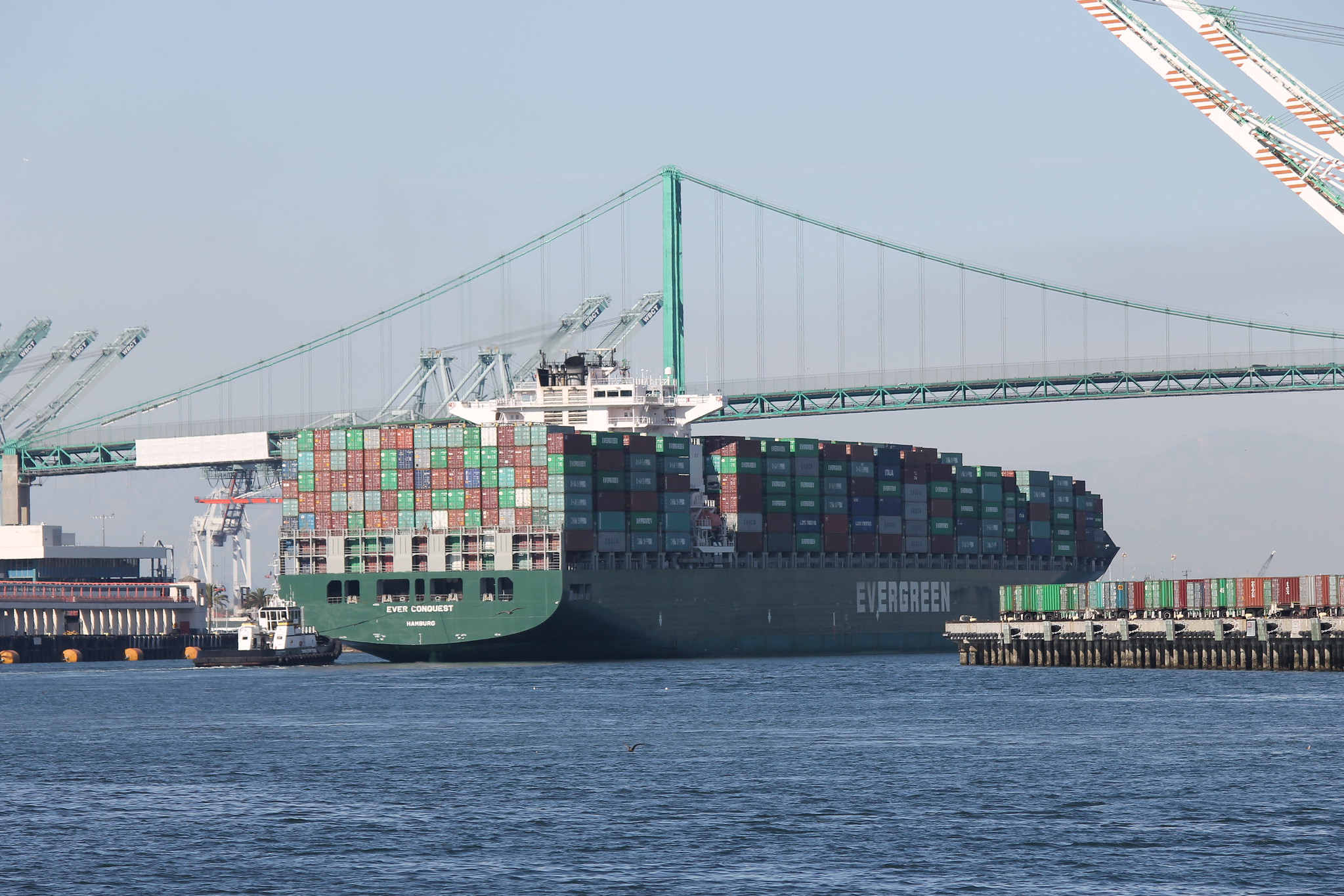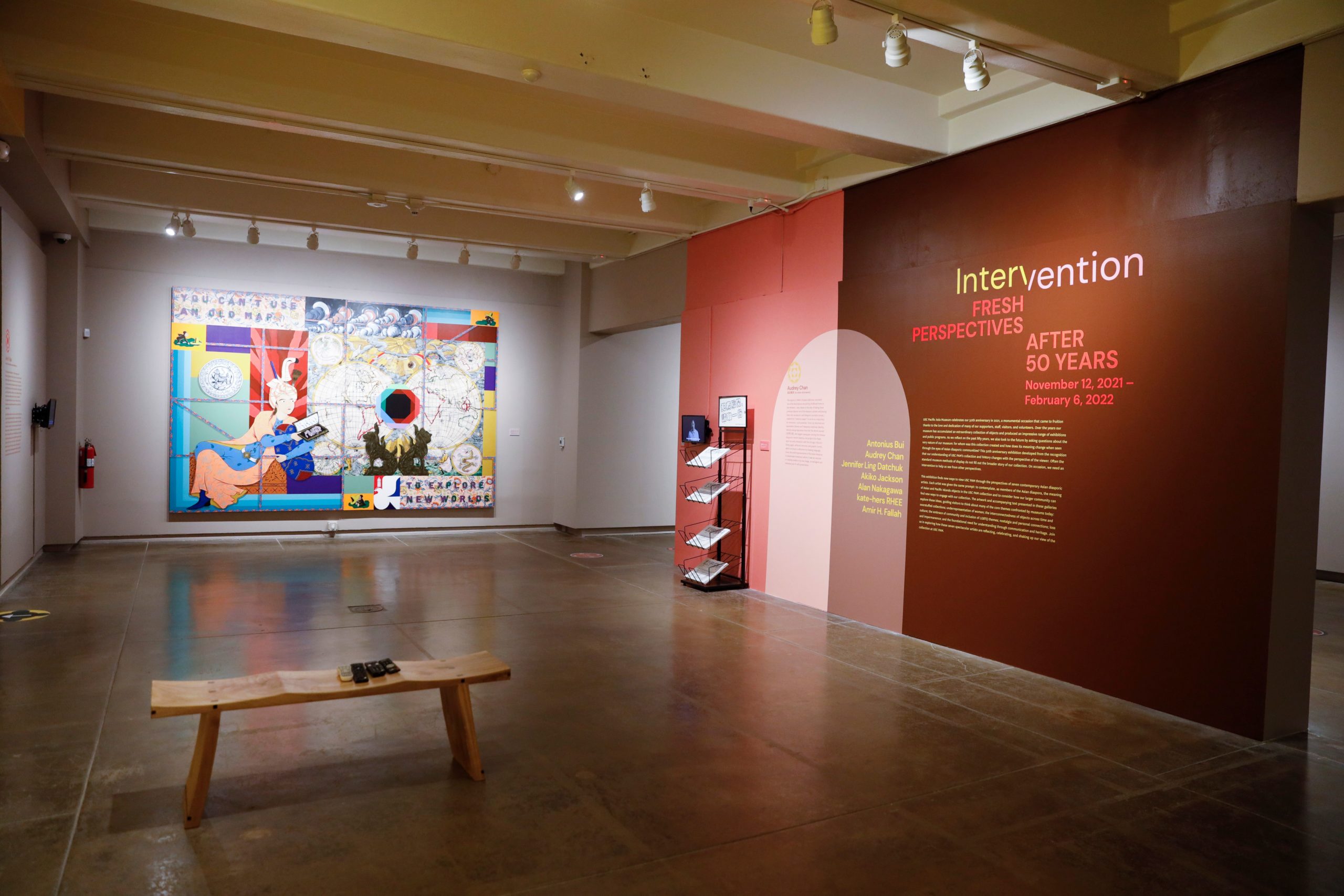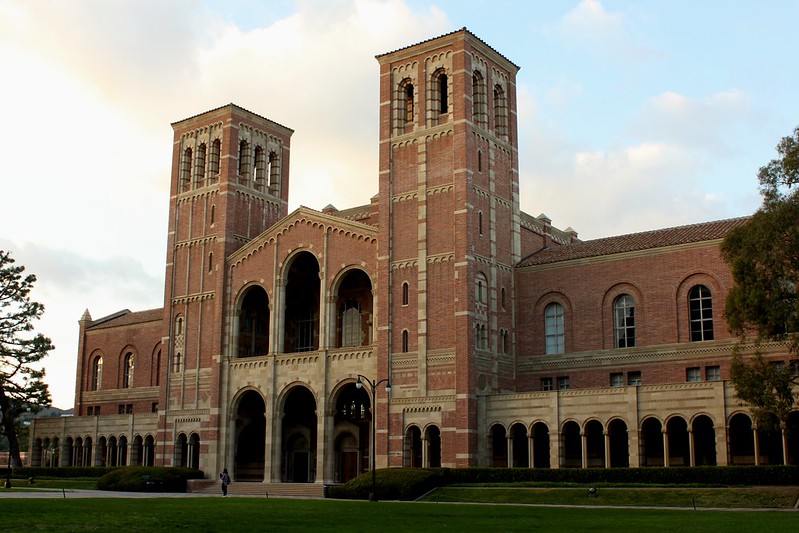The ports of Los Angeles and Long Beach announced Monday that their new “Container Excess Dwell Fee” on companies whose containers linger at marine terminals will be delayed until Nov. 22 due to “noticeable progress” made reducing the number of import containers at the terminal.
“There’s been significant improvement in clearing import containers from our docks in recent weeks,” said Port of Los Angeles Executive Director Gene Seroka. “I’m grateful to the many nodes of the supply chain, from shipping lines, marine terminals, trucks and cargo owners, for their increased collaborative efforts. We will continue to closely monitor the data as we approach November 22.”
The fee was announced on Oct. 25 as one of several efforts to speed the processing of cargo at the San Pedro Port Complex and eliminate a backlog of ships trying to deliver merchandise.
The Port of Los Angeles said when it announced the policy that about 40% of import containers were idling at terminals for at least nine days.
On Monday, the ports announced that since the fee was announced, the San Pedro Port Comlex has seen a 26% reduction of aging cargo on the docks.
Both Long Beach and Los Angeles’ harbor commissions unanimously approved the policy on Oct. 29, to be in effect for 90 days.
“We’re encouraged by the progress our supply chain partners have made in helping our terminals shed long-dwelling import containers. Clearly, everyone is working together to speed the movement of cargo and reduce the backlog of ships off the coast as quickly as possible,” said Port of Long Beach Executive Director Mario Cordero. “Postponing consideration of the fee provides more time, while keeping the focus on the results we need.”
The fines, if implemented, will begin at $100 per container, increasing by $100 per container each day. Containers set to be transported by truck will incur fines if they remain at the port for nine days or more. For rail containers, fines will be assessed if they are at the port for three days or more.
Fees collected from the policy will be reinvested into programs that aim to enhance efficiency, accelerate cargo velocity and address congestion impacts.
The policy to implement fees was developed in coordination with the Biden-Harris Supply Chain Disruptions Task Force, the U.S. Department of Transportation, the Port of Long Beach and supply chain stakeholders.







